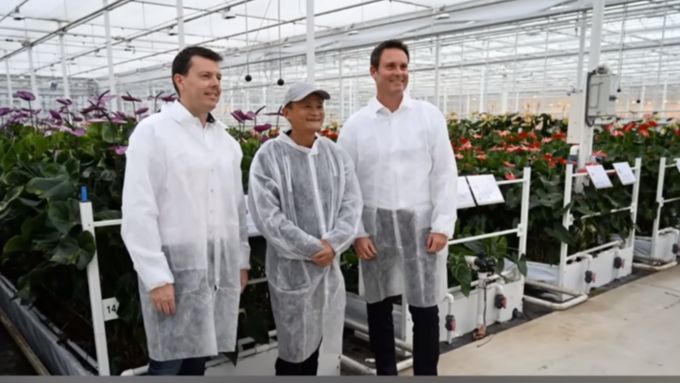The Nikkei Asian Review reports that the startup and technology sector in China was once a strong competitor to the United States, even becoming a pioneer in some technology fields such as artificial intelligence, mobile payments, transportation, and delivery, worthy of emulation and catching up by developed countries. However, since the incident involving billionaire Jack Ma, the founder of Alibaba Group, with the Chinese government in 2020, which prompted Beijing to tighten the activities of startups and major technology companies through new regulations, China has gradually lost its former glory and pioneering position in the technology field.
The golden age is over
According to the Nikkei Asian Review, China was once a strong competitor to the United States in the fields of artificial intelligence (AI), solar energy, and electric vehicles. A few years ago, particularly in certain areas such as facial recognition, Chinese tech startups even performed better than major American corporations. This indicates China's potential to lead the world in some key technologies. However, currently, Chinese tech companies have significantly lagged behind their American counterparts in the field of AI.
The main reason is China's heavy dependence on foreign semiconductor chip supplies. As the U.S. tightens high-tech exports to China, these companies face many difficulties in product development. Although the Chinese government has made efforts to develop chip technology and launched products like Huawei's 5G phones or self-designed processors, these products are still considered outdated compared to Western technology. The technological gap in chip manufacturing between the U.S. and China has increased from two generations to five generations over the past four years.
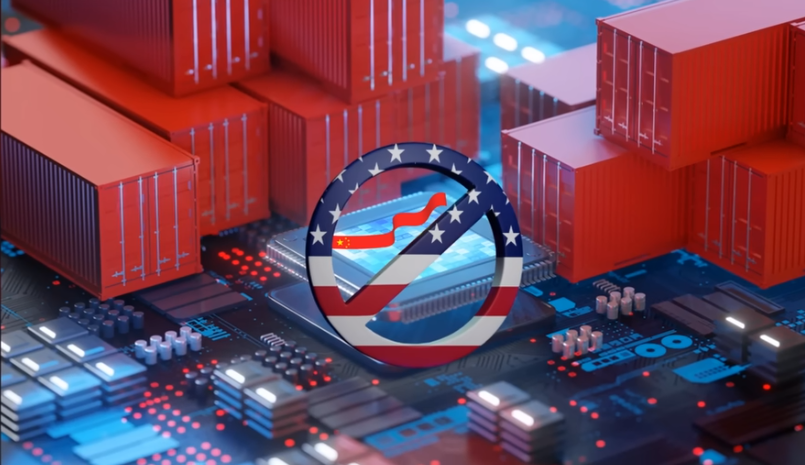
In terms of scale, Chinese AI companies are also much smaller than those in the U.S. The leading company in China is valued at only $33.7 billion, with AI-related revenue of $91 million in the fourth quarter of 2023, far lower than OpenAI's $80 billion valuation and $2 billion in AI-related revenue. This is concerning because developing AI technology requires billions of dollars in investment. If they cannot compete in terms of scale, Chinese companies will gradually fall behind in the global AI race.
Training AI models requires enormous investment capital, which has become a significant challenge for Chinese tech corporations after a long period of strict government regulation. Specifically, in 2018, the two largest tech companies in China, Alibaba Group and Tencent Holdings, had a combined market capitalization of about 62% of the total market capitalization of the two American tech giants, Microsoft and Apple. But now, the combined value of Alibaba and Tencent is only about 9% of Microsoft and Apple’s value.
Currently, the seven largest tech companies in the U.S., including Apple, Microsoft, Nvidia, Tesla, Meta, Alphabet, and Amazon, have a total market capitalization of up to $13.2 trillion, while the top seven tech companies in China have a total value of just over $1 trillion, significantly lower than their American counterparts. The growing financial resource gap between Chinese and American Big Tech giants indicates China's difficulties in competing with American companies, especially in capital-intensive fields like AI research and development. According to the Nikkei Asian Review, the Chinese technology sector is currently less innovative than before, due to concerns about violating the government's tightening regulations.
Specifically, in 2018, a series of new technology trends emerged in China, such as bike-sharing applications, social media integration, and mobile payments, with short video app TikTok capturing global attention. At that time, China was seen as the birthplace of many of the hottest global technology trends. However, today, the number of startups valued at over $1 billion, also known as unicorns, in China is gradually decreasing, especially after billionaire Jack Ma was penalized for criticizing the government in 2020.
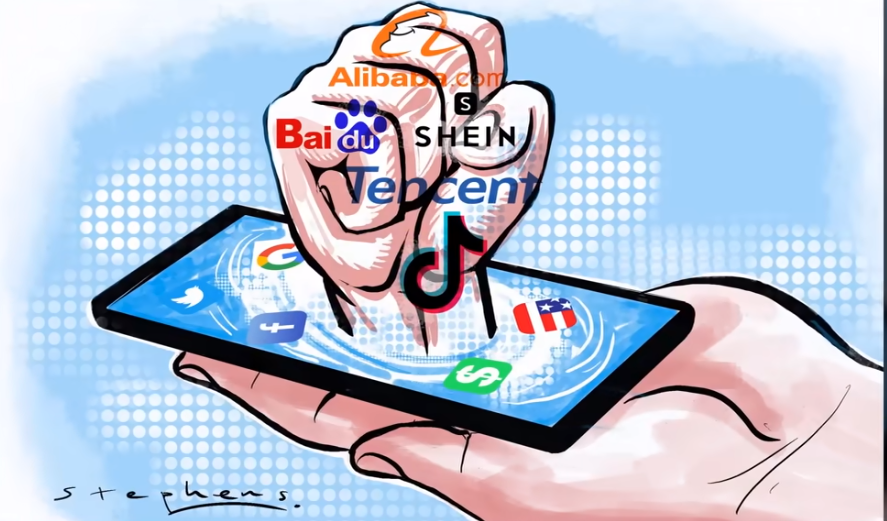
In 2018, China had as many as 208 unicorns, more than the 151 unicorns in the U.S., but now this number has dropped to 171, which is only a quarter of the 658 unicorns in the U.S. Clearly, the mentality of "the more you do, the more mistakes you make; if you don't do anything, you won't make mistakes" is spreading among Chinese startups. The strict regulation from the Beijing government not only limits capital sources but also negatively impacts market demand, human resources, creativity, and the willingness to take risks among startups.
Six years ago, Chinese venture capitalists invested more in startups than those in the U.S., but in 2023, the total venture capital investment in China is only a quarter of that in the U.S. Some argue that U.S. sanctions have led to a decrease in capital, but Huawei's recovery shows that the main issue lies in the Chinese government's management policies, not the U.S.
Fear of punishment
An important characteristic of the technology sector is the spirit of questioning, experimentation, and risk-taking. However, a series of tightening regulations in sectors such as gaming, e-commerce, education, and online finance by the Chinese government have devastated this open spirit. Investigations into major companies for monopoly and optimization restructuring, as in the case of Alibaba Group, have created an atmosphere of fear within the Chinese tech community.
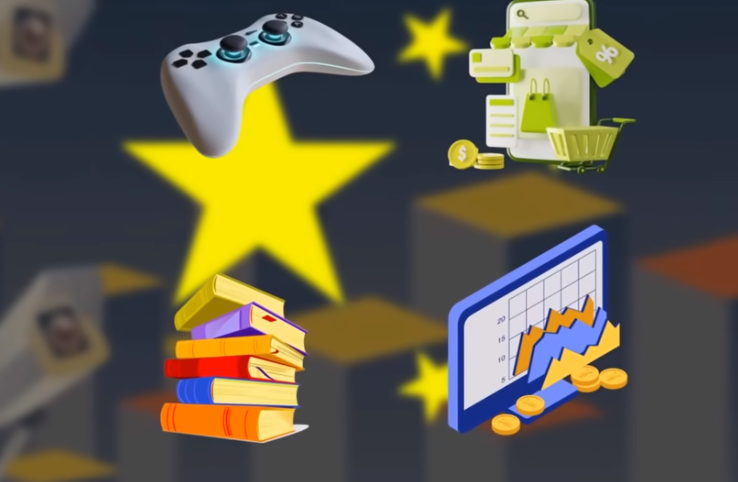
According to Nikkei, today, Chinese entrepreneurs are more concerned about avoiding punishment from regulators than about creating breakthrough products. Of course, every expert understands that Beijing needs to re-establish control over tech giants that have exceeded limits. However, this will undoubtedly negatively affect the competitiveness and innovative capacity of the entire industry. Currently, Chinese regulatory agencies are the ones deciding the direction of technology investment rather than the market, according to the Rhodium Group, with the Chinese state budget accounting for up to 60% of the financial resources invested in science and technology.
However, planning based on the subjective will of administrative agencies is very likely to fail because the future of technology and market trends are unpredictable. For example, no one thought Microsoft would succeed by investing $10 billion in OpenAI, while Google was previously a giant in this field; even OpenAI and Elon Musk did not predict the explosion of ChatGPT. Ultimately, Nikkei concludes that a free environment and an open entrepreneurial spirit are what can nurture the sustainable development of the technology sector, not rigid administrative control.
Jack Ma's lesson
When sharing at an economic club in New York, Jack Ma once admitted that his time as a tutor with a modest salary of $12 a month, equivalent to over 300,000 VND, was the best time of his life. When he didn't have much money, he knew how to use it effectively, but once he became a billionaire, the responsibilities placed on him became much greater. Jack Ma affirmed that when you have $1 million in hand, money is no longer yours alone but becomes a responsibility and trust that people have placed in you. Therefore, he needs to use that money to benefit society. This is not the first time Jack Ma has shared about the burden of being a billionaire.
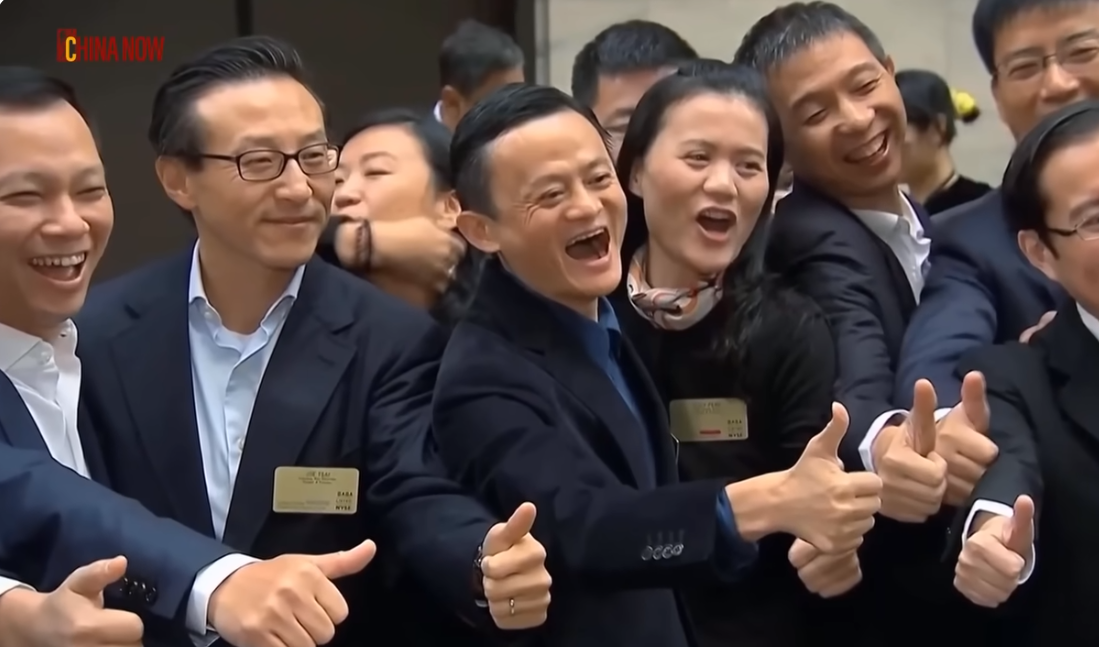
At a Clinton Global Initiative event in New York in 2017, he also emphasized that the time spent as a teacher was truly wonderful. He acknowledged that he was lucky to have $1 million, but when that number increased to $10 million, the situation would be completely different. After Alibaba went public, Jack Ma also shared with CNBC that the pressure on him was immense because the whole world was watching the company's stock price. Although he was happy with the success, he still felt anxious when people had too high expectations of him. The Alibaba founder stated that there was too much pressure, and he always tried to keep himself happy because if he wasn't happy, his colleagues, shareholders, and customers wouldn't be happy either.
Indeed, becoming wealthy has caused Jack Ma much distress, especially after his controversial statements with Chinese authorities. After being punished by the government, he almost disappeared from all public events, including social media. Joey Chai, Alibaba's executive vice president, revealed to CNBC that he is in hiding, and I talk to him every day; he spends time painting as a hobby. Mr. Chang expressed that Jack Ma is also an ordinary person; after building such a powerful corporation, Jack Ma has certainly done wonderful things for society. I think this is the time he focuses on what he truly wants.
For example, his passion and philanthropy; previously, Jack Ma was spotted having lunch alone with a meal consisting only of a plate of instant noodles, a plate of garlic, and a rather simple side dish compared to the living standards of most middle-class families. Instant noodles have been his favorite dish, as revealed by an employee since 1999. When founding Alibaba, Jack Ma often had simple lunches like that. Although he no longer appears much in public, he still receives attention from the community.
